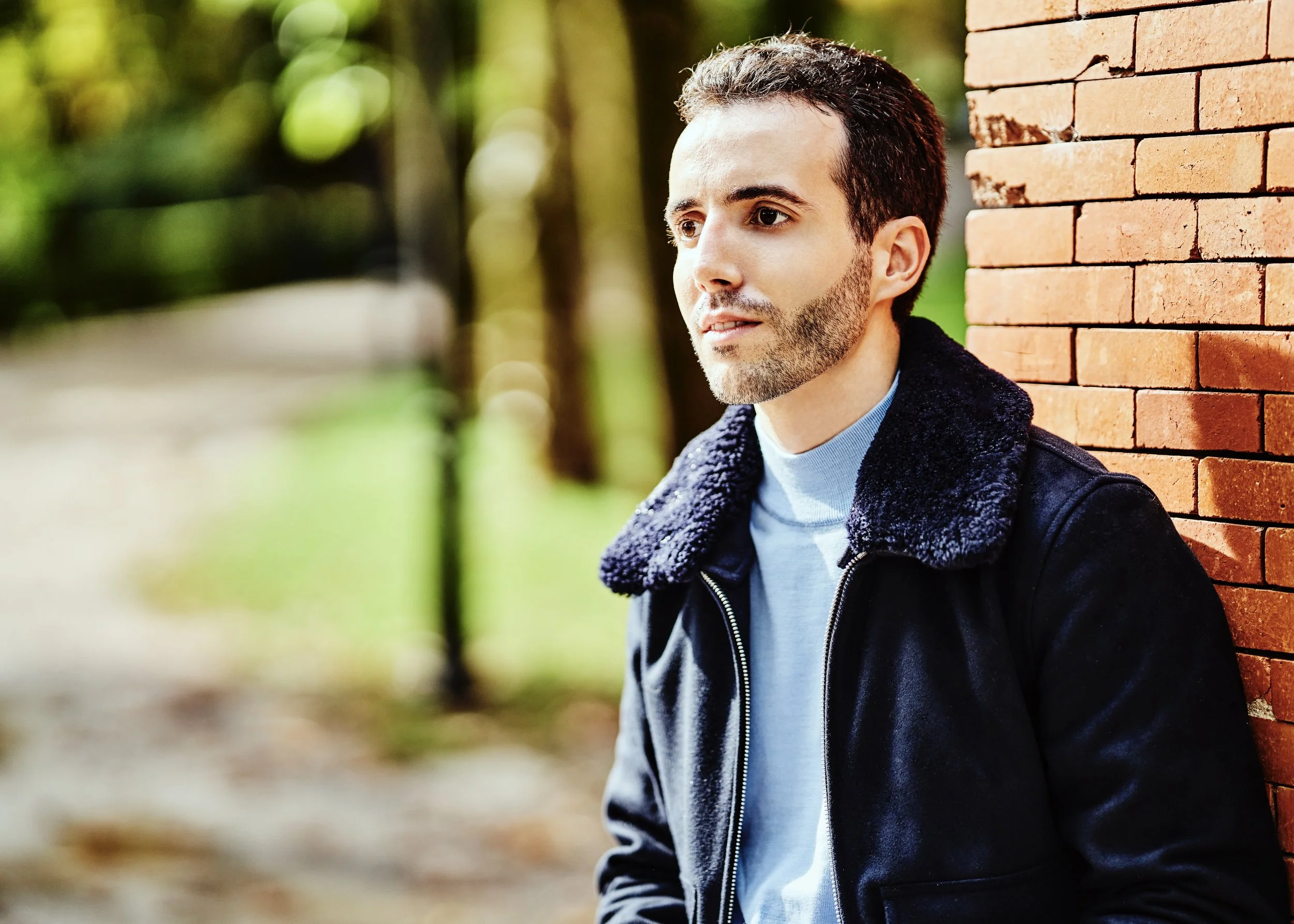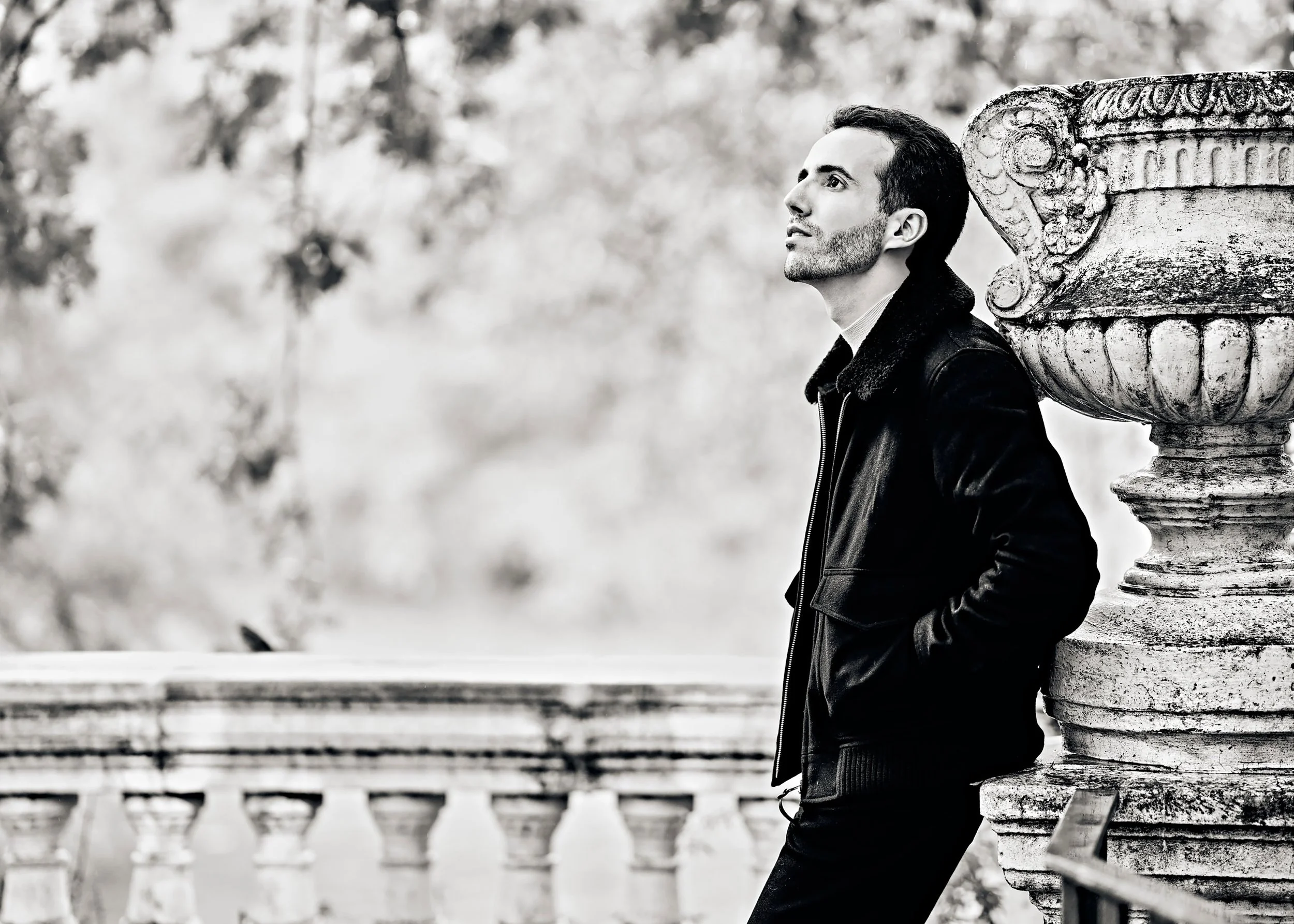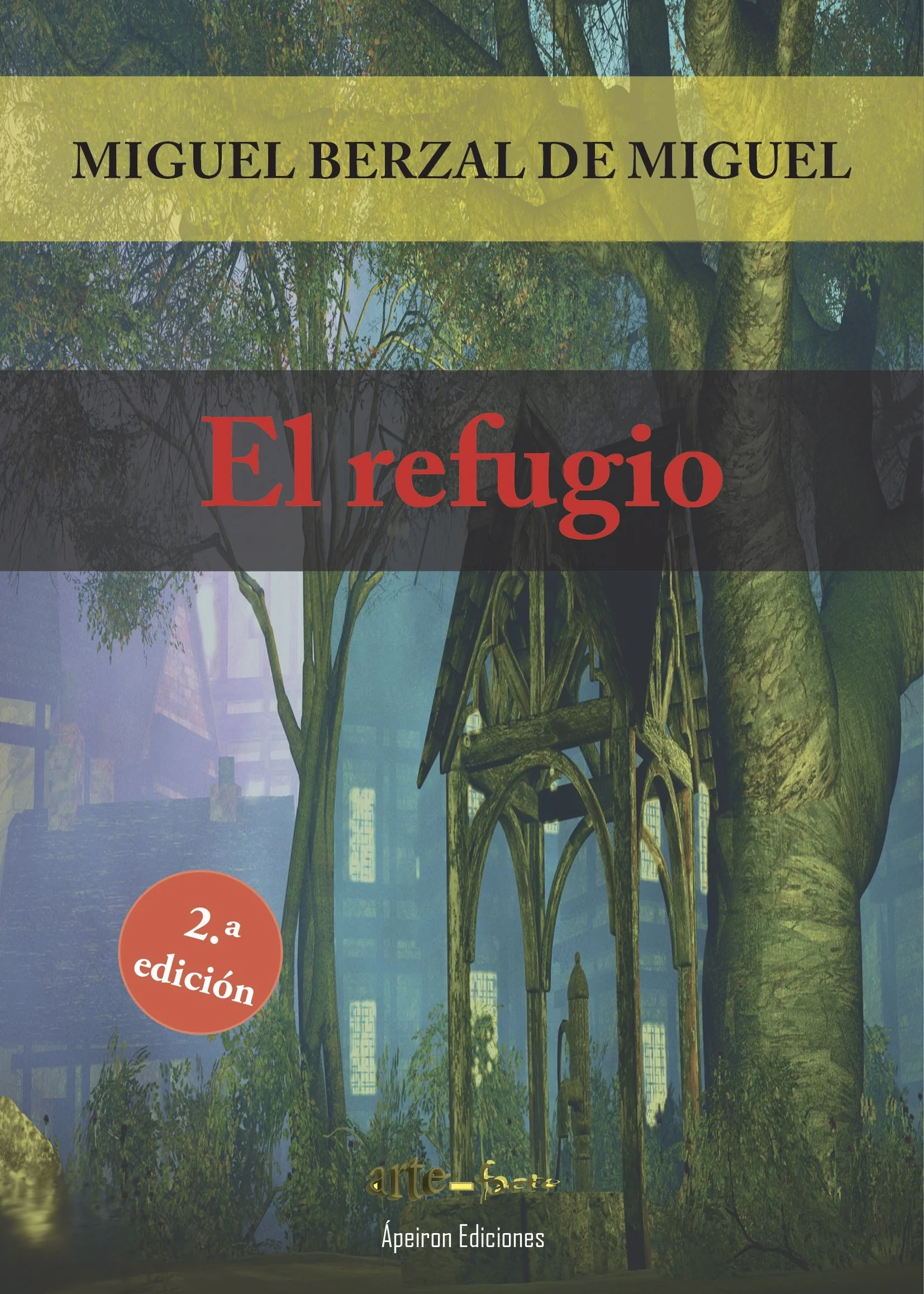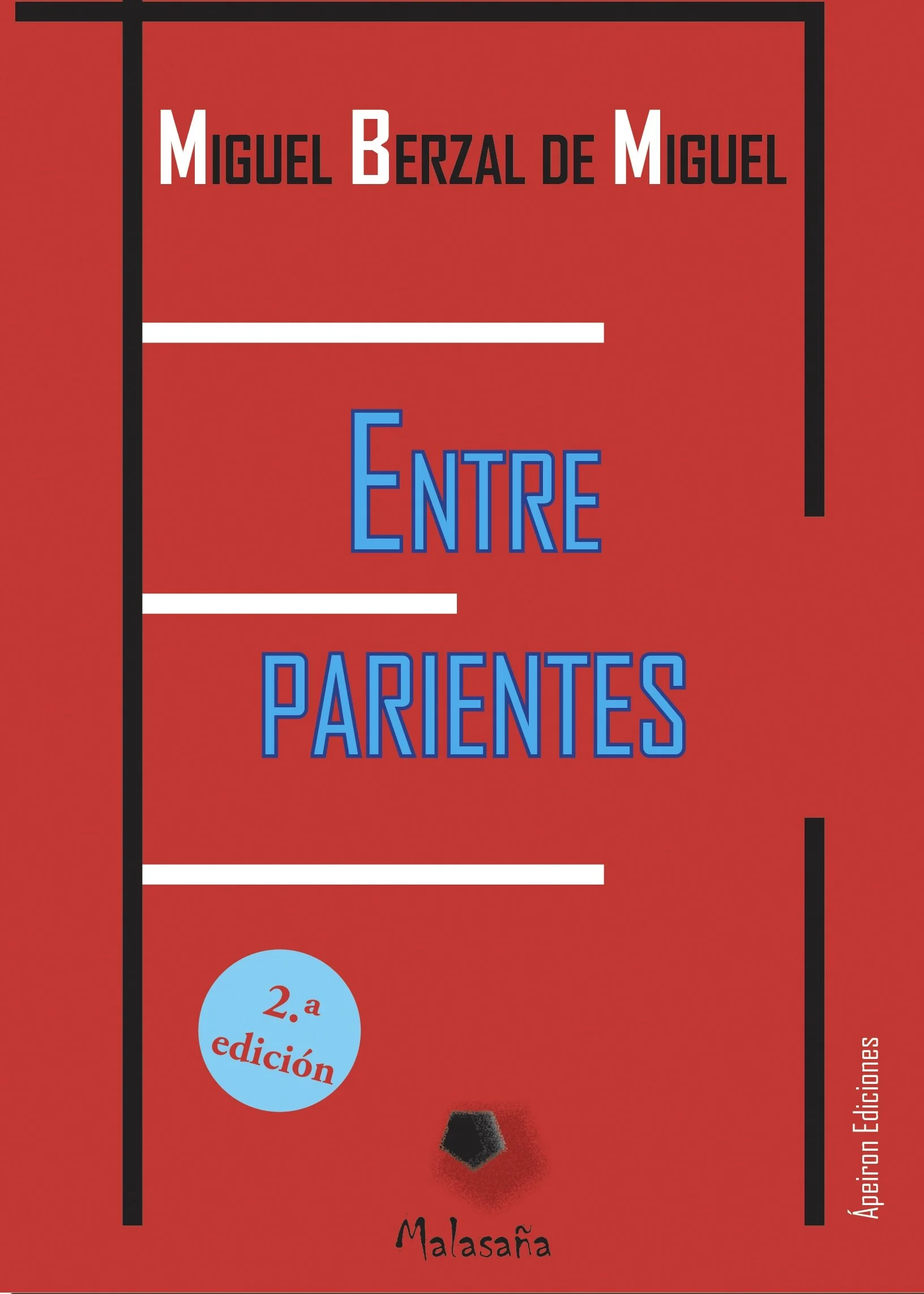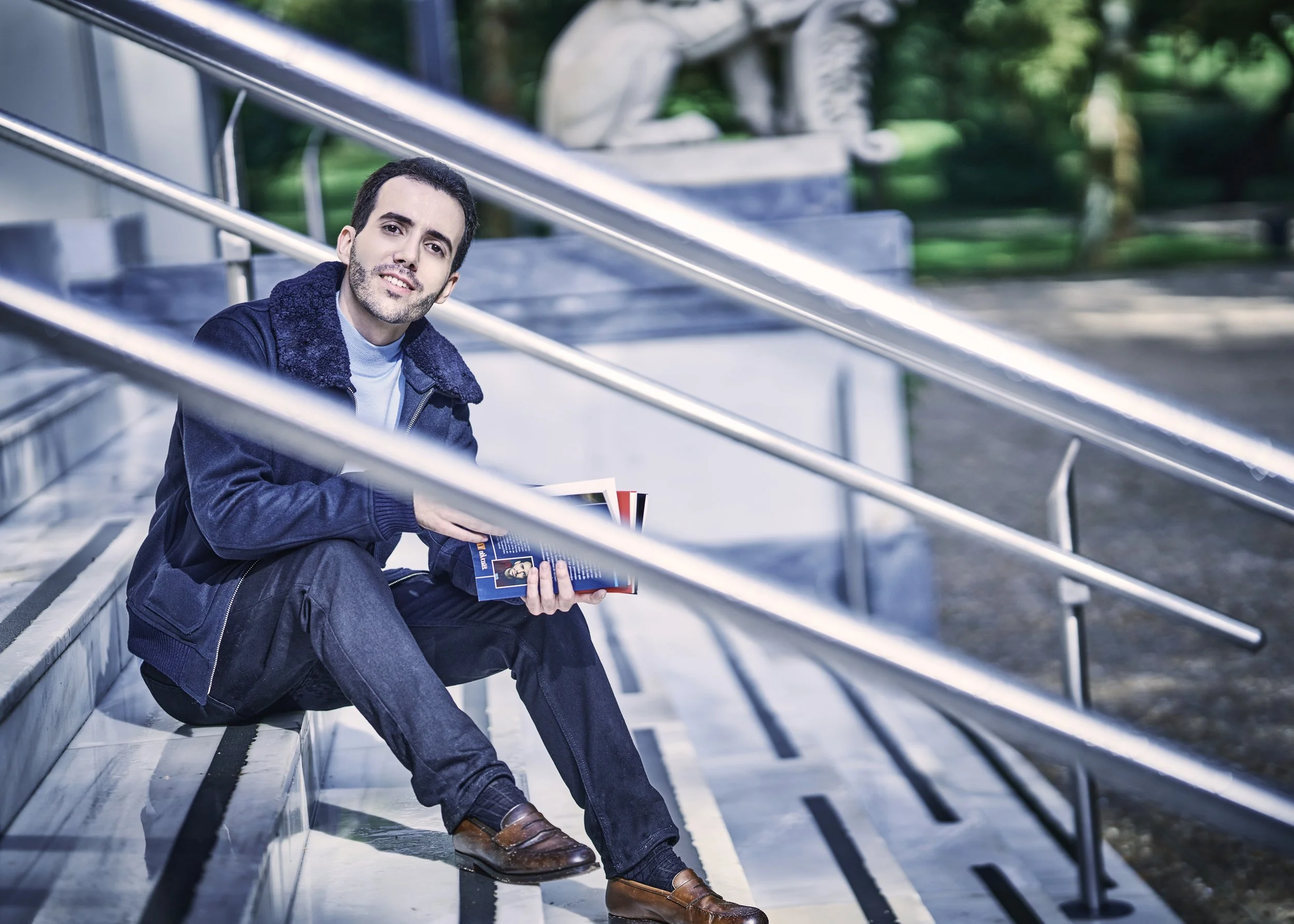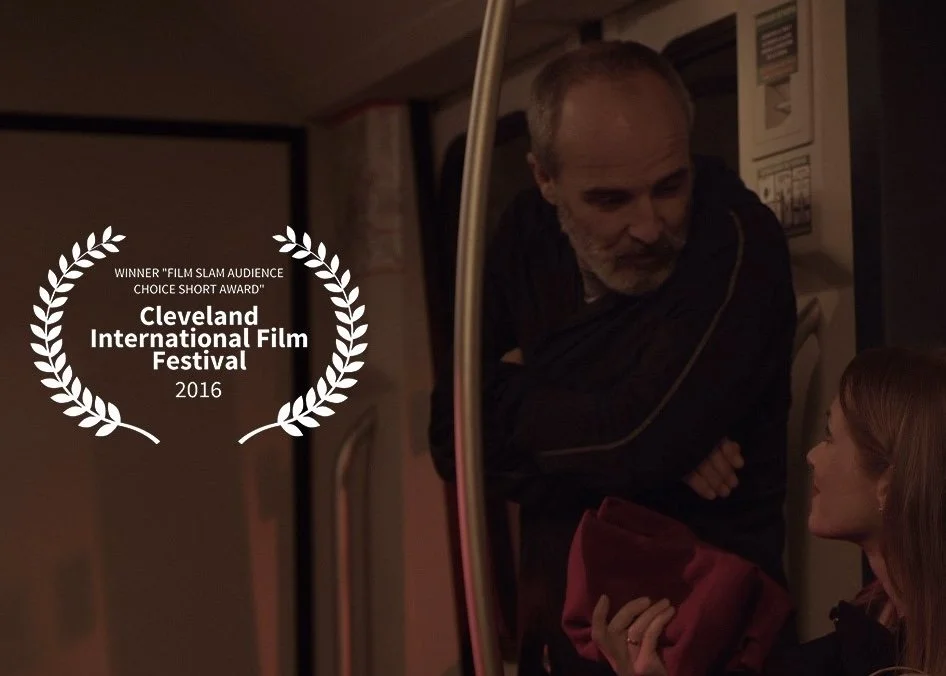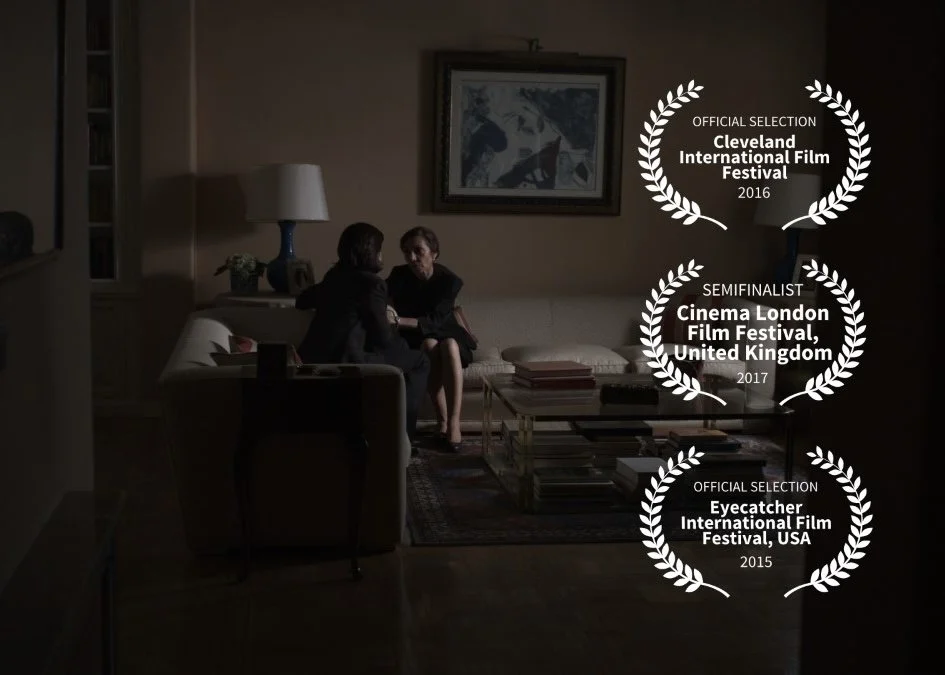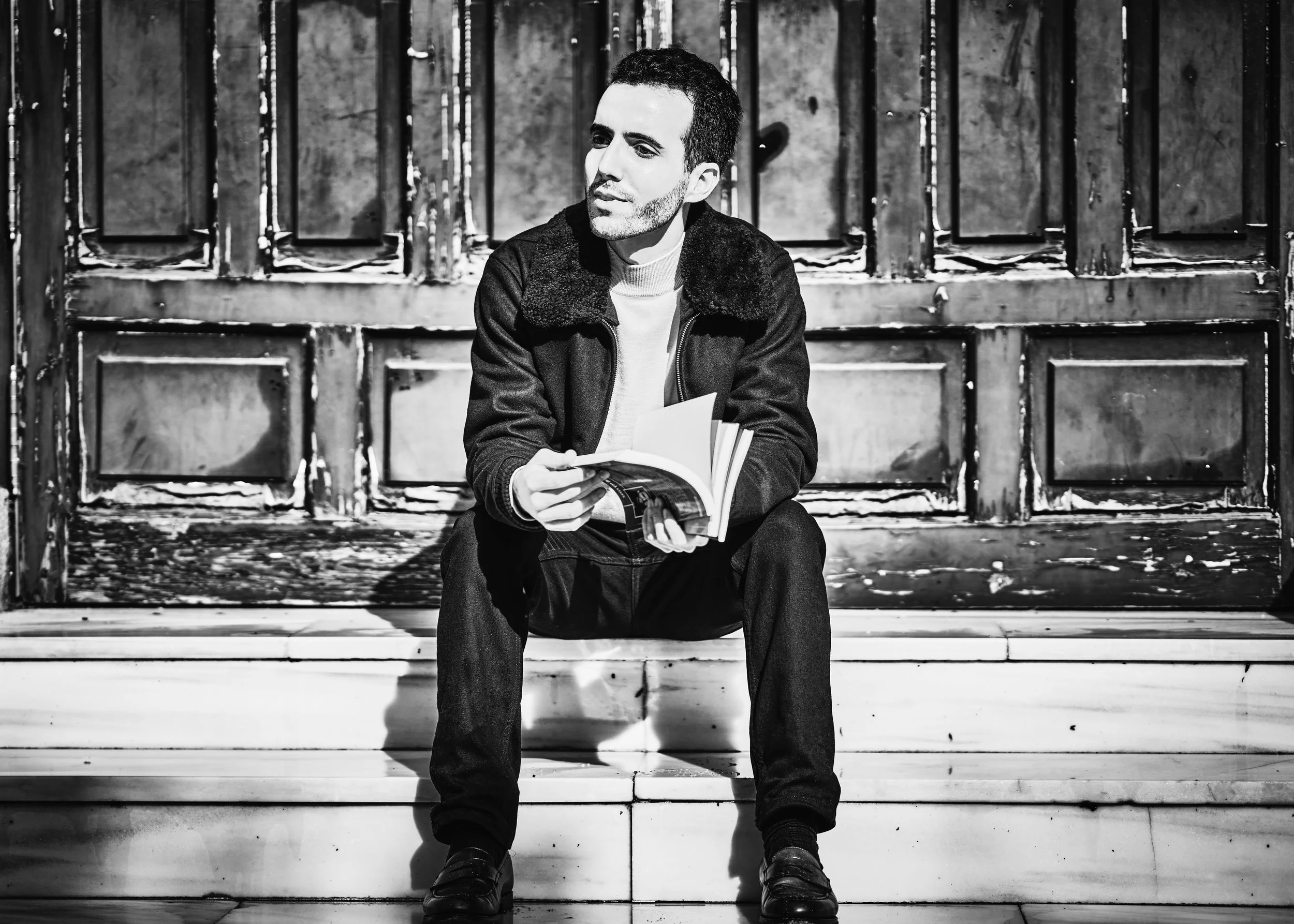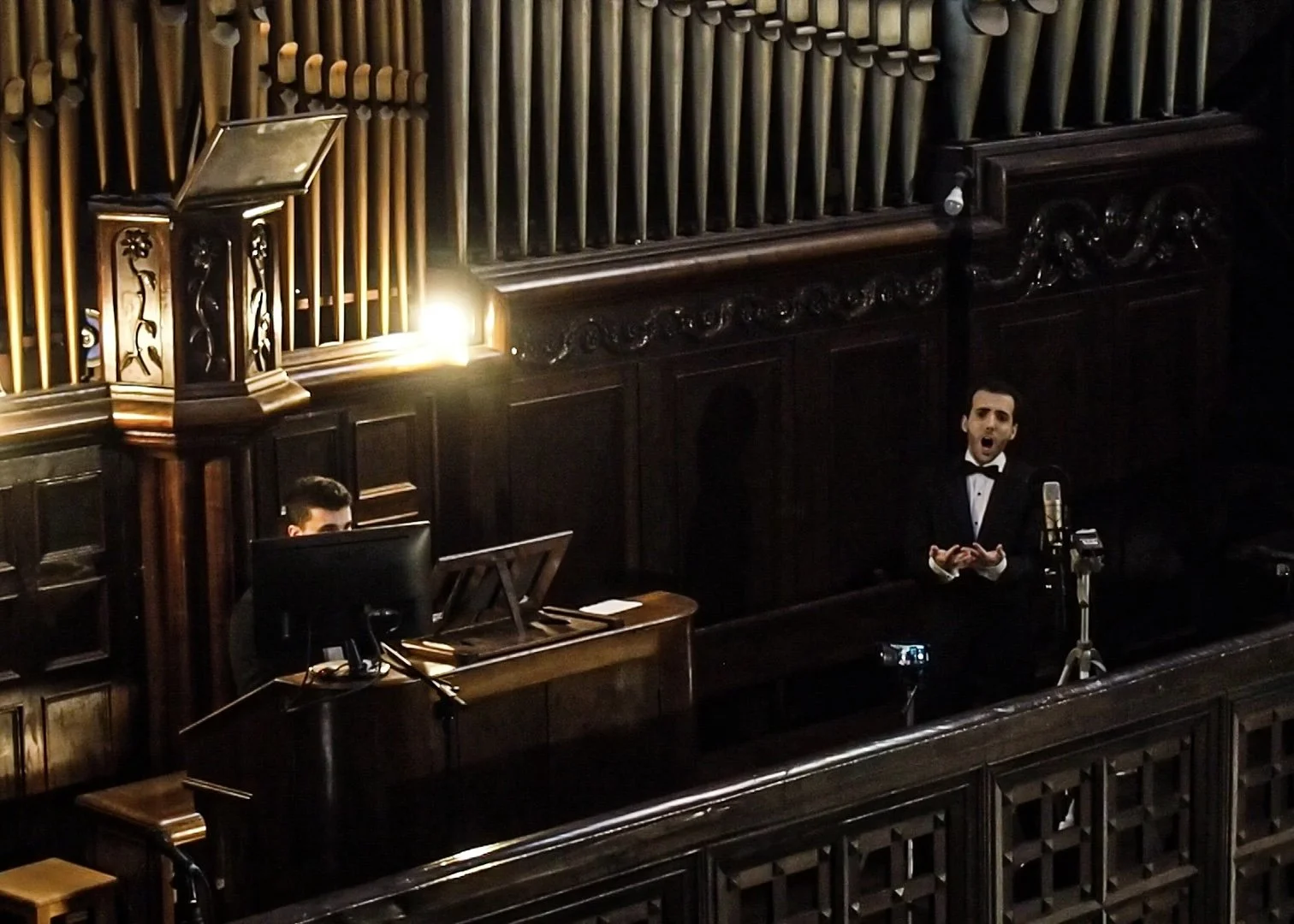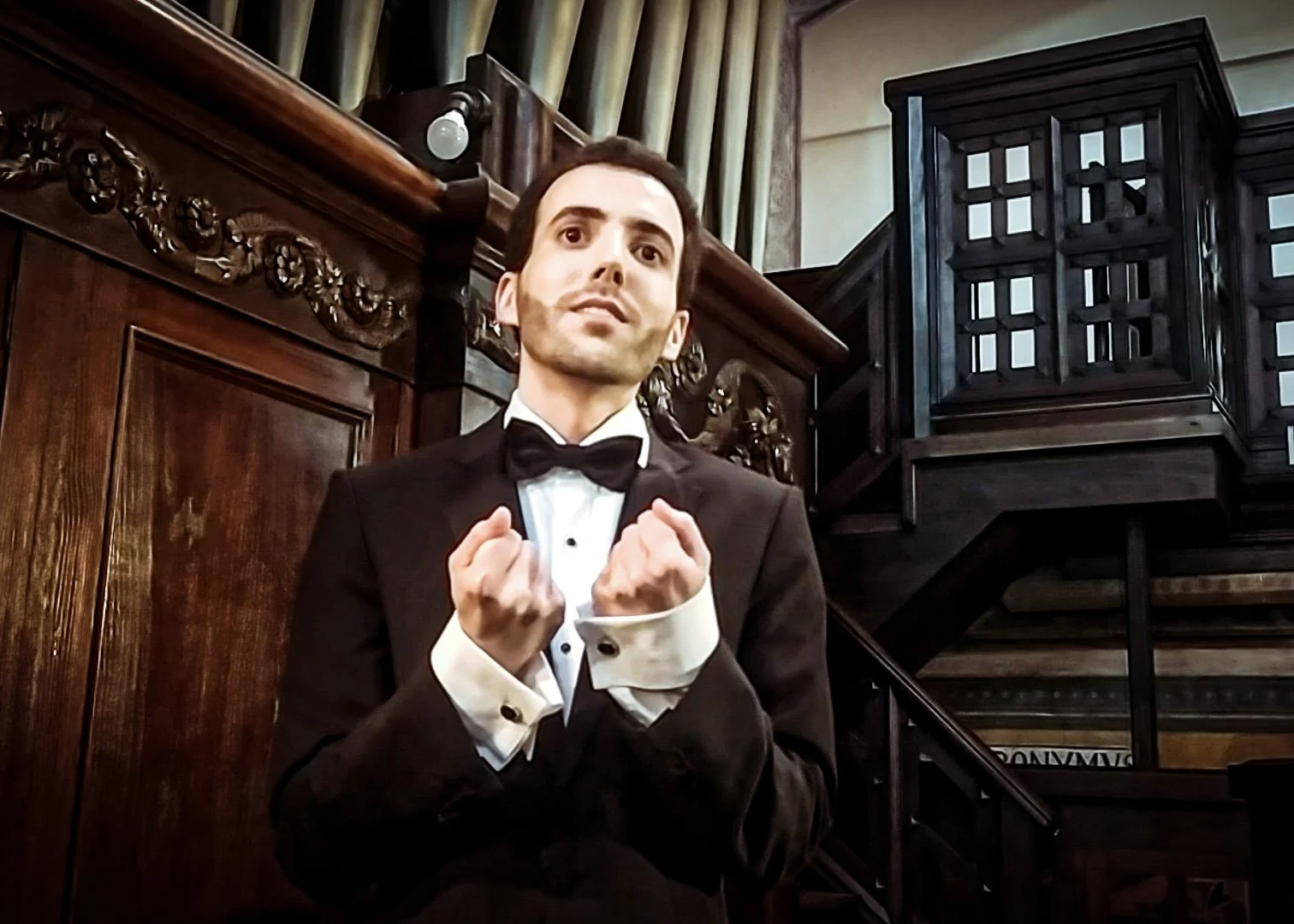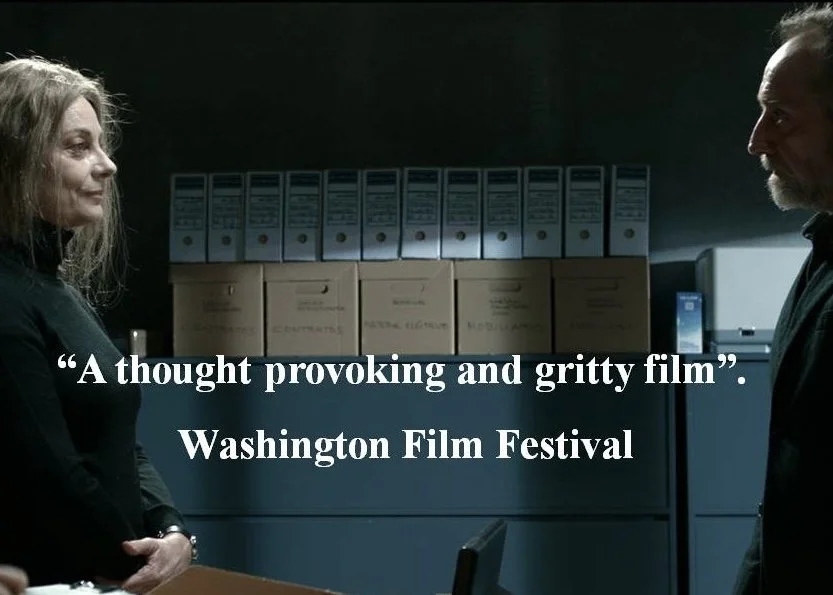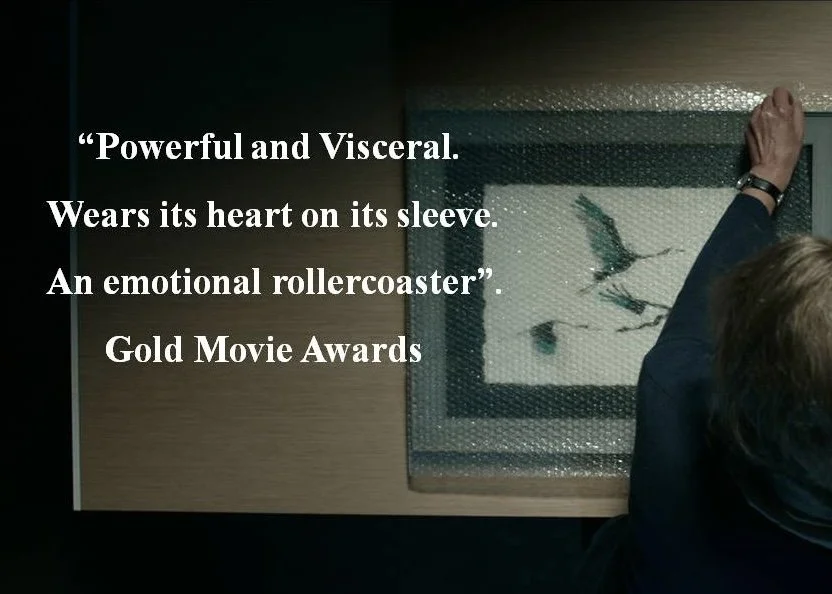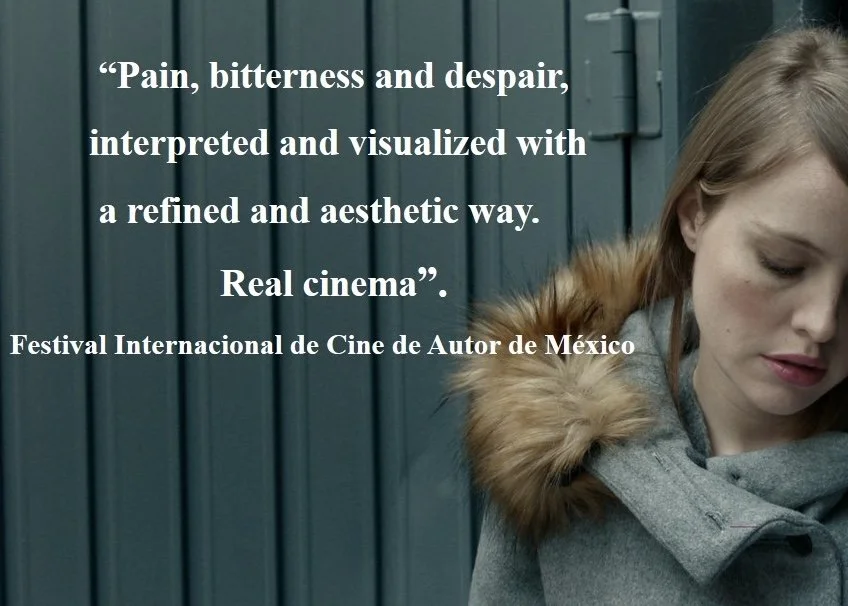MEET
MIGUEL BERZAL DE MIGUEL
Miguel Berzal de Miguel, known as The artistic soul, is a young Spanish artist.
This young man is simultaneously developing his career as a writer, film director, and lyric tenor with five books, four films, and a powerful metallic voice.
He was born in Madrid, Spain. After taking his degree in Audio-visual Communication, he divided his time between a Master’s degree in Film Directing and another in Theatre Directing.
As a writer, we should highlight El refugio (The Refuge – among the best-selling books in Casa del Libro in the summer of 2012 and a critical success after its second edition in 2022), Entre parientes (Among Relatives - Finalist in the 2016 Premio Gregorio Samsa and a sales success at the 2017 Madrid Book Fair), Las horas muertas (The Dead Hours – Finalist in the 10th Premios Literarios Ediciones Oblicuas and one of the top ten best-selling books in Spain in the autumn of 2021), Náuseas & La hiedra (Nausea & The Ivy – among the best-selling books in El Corte Inglés in the summer of 2023) and La oración de Sun Shi (Sun Shi’s prayer, BABIDI-BÚ, 2023).
His books are highly regarded by a wide national, international, and academic audience, and as of 2021, his works can be read at the prestigious Princeton University (USA).
As a film director and script writer, he has four films to his credit (three shorts and a feature film): Cuidar a Ruth (Taking Care of Ruth, 2014), Un encuentro (An Encounter, 2015), Nomeolvides (Forget-me-nots, 2016) and Sin novedad (No News, 2018) which have won critical acclaim as well as awards. His films have been praised by jury panels, critics, and audiences at several of the most important international film festivals in the world, including the Cleveland International Film Festival, HollyShorts Film Festival, Palm Springs International Film Festival, Dances With Films, and Västerås Film Festival.
Sin novedad (2018) garnered 19 selections for the 2019 Premios Goya and 7 selections for the Premios Forqué (including Best Film). After its premiere, the prestigious Spanish cultural media association, AISGE, described it as a jewel of independent Spanish cinema, and it has won as many as 80 awards, 52 awards within a year.
In television, he worked on three seasons of the famous series Amar es para siempre (Loving is Forever). He also worked as a presenter on an environmental network.
As a lyrical tenor, he is praised for his personal and powerful metallic voice of dramatic lyrical tenor dark and luminous at the same time like that of the famous Mario del Monaco, his diction and his interpretations charged with elegance and emotion. In addition to his formal academic training, this lyric tenor from Madrid has trained with some of the great names in music, such as the renowned baritone Rodrigo Esteves (of whom he was the sole student), the great tenor Charles Castronovo (of whom he was the only regular student), the eminent bass baritone Andrew Foster-Williams (Fellow of the Royal Academy of Music, London), the composer Javier Berzal de Miguel (one of the Premios Goya’ youngest Best Original Music candidates in the history of Spanish cinema), the virtuoso pianist Pablo Arencibia, and organist and composer María Luisa Arencibia.
He has just been the unique Spanish singer awarded at Poland’s International Music Competition Classical Stars (Poland) with the 3rd prize for his performance of Ombra mai fù. With his powerful and emotional performance of the aria Ombra mai fù (Serse) by Händel, Miguel Berzal de Miguel has won the Bronze Prize in 4 categories: Master of Music, Best Baroque Performer, Best Interpretation of an Aria and Best Opera Singer.
Poland’s International Music Competition Classical Stars is an international competition supported by the prestigious Universal Maestro Society whose goal is to discover and showcase exceptional talents: to witness artistry that captivates audiences and to distinguish these musicians as true masters of their craft who strive for achieving excellence and celebrating their artistic achievements.
I am very excited and grateful. It has been the first singing competition ever which I have entered and coming the third one is an honor.
I dedicate it to my family for always being by my side, especially to my mother, María Jesús de Miguel de Miguel.
I love Poland. It is a country that has suffered a lot throughout history. However, art, culture, its elegance, and natural refinement, they have never been able to be taken away from them. It is a land of artists and talent. All my gratitude to the jury.
My beloved teacher Andrew Foster-Williams (Royal Academy of Music, London) taught me to immerse myself in the scores, to ask myself questions like: why does the first syllable of this aria last 6 beats? Why not 1 or 2? What did Händel want to tell us?
Ombra mai fù is sung by Xerxes I, king of Persia, just when he has just won a war. Suddenly, he comes across a species of tree that he had never seen, that does not exist in his homeland and he is as if enchanted by its beauty.
I believe that Händel wrote the first note with a duration of 6 beats because it is a way of stopping time, as if the character was saying to his troops: Stop! The war is over, it is time for beauty, for contemplation, for peace.
I wish that, through the beauty of music, a ceasefire would reach so many corners of the world in these turbulent times we live in. Hopefully the 21st century will be that of reconciliation.
The soul artist: Miguel Berzal de Miguel
@officialmiguelberzaldemiguel

